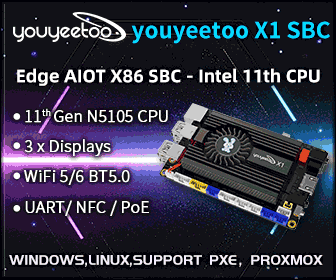Samsung Exynos 7 ARM Cortex A57 Processor Linux Code Submitted
Samsung has not announced any 64-bit processor yet, but according to a recent patchset Exynos 7 may be their first 64-bit ARM SoC, and it will be based on the faster Cortex A57 cores. A quick way to learn a little more is to check the device tree file (exynos7.dtsi). Here’s an interesting snippet:
|
1 2 3 4 5 6 7 8 9 10 |
+ cpus { + #address-cells = ; + #size-cells = ; + + cpu@0 { + device_type = "cpu"; + compatible = "arm,cortex-a57", "arm,armv8"; + reg = ; + }; + }; |
As it stands, Exynos7 would be a single core Cortex A57 processor. This sounds unlikely that a company would launch a single core processor at this stage, so it’s probably early code that may not support all cores just yet. We also know Samsung uses ESPRESSO board for development with Samsung Exynos 7 processor and 3 GB RAM. Thanks to David for the tips.





